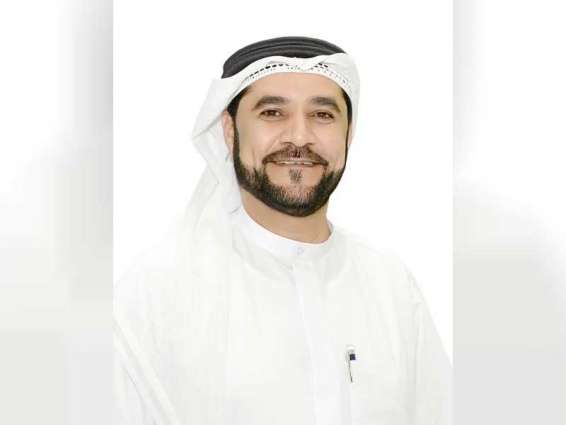SHARJAH, (Pakistan Point News - 25th Jul, 2020) The Sharjah Electricity and Water Authority, SEWA, has revealed the implementation of five strategic development projects in the field of water transmission lines and increasing its capacity.
The project includes the extension of a water pipeline from the Hamdah area to the Al Badee area with a total length of 55,000 metres, and the completion of a project to extend a pipeline from the industrial area of Al Sajaa Oasis to the Al Barashi area, with a total length of 9,000 metres. Work is currently underway to implement the project to extend the 2,473-metre main pipeline from the central market area to King Faisal Street with a completion rate of 80 percent.
The Authority is also implementing a project for a 1,400-metre pipeline in the Samnan area with a completion rate of 30 percent while work has started on implementing a line from Al Nahda to the industrial zone with a length of 5,200 metres.
Dr. Eng. Rashid Al Leem, Chairman of SEWA, stated that the Authority seeks to support water transmission networks and raise the quantities of water flow, to meet the rapid growth of water in various regions of Sharjah.
He pointed out that the topics of the Authority’s strategy include integrated management of limited natural water resources, and unconventional water resources, which include desalinated water and the re-use of treated wastewater effectively, and focus on the topics of water demand management, and through work with all partners and quality control of water.
He pointed out that the Authority continues its efforts to strengthen the water transmission and distribution networks in all regions of the emirate, noting that production reaches 110 million gallons per day in the emirate including 90 million gallons in Sharjah city.
Eng. Issam Al Mulla, Director of the Water Department, explained that the new lines have been laid according to the best specifications, during which extensions made of insulated carbon steel were used to international standards which also suit health requirements.




